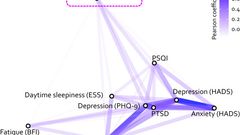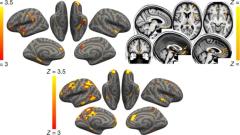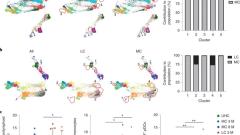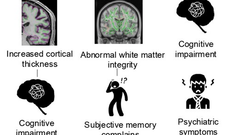ABSTRACT:
Now recognized by health authorities, long COVID is identified as a frequent condition complicating the evolution of SARS-CoV-2 infection. Its polymorphic and sometimes disconcerting clinical expression raises questions about its mechanism. Patterns of clinical expression suggest extensive involvement of the nervous system through an almost ubiquitous cognitive complaint. This article reviews the neurological symptoms and forms of these patients, and the neuropsychological explorations aimed at objectifying a cognitive deficit. The studies published until now confronted with the clinical mode of expression, did not make it possible to define a deficit neuropsychological profile at the level of the groups, and evoked more a functional impairment than a lesion. However, each series mentions a small number of patients in whom a cognitive deficit is objectified. The uncertainties about the causes of the prolonged forms of COVID, the heterogeneity of the published studies, and the virtual absence of temporal evolution data should make one cautious about the interpretation of these data but should in no way delay or prevent taking into account care of these patients.
![Metabolic brain changes in post-acute COVID-19: systematic review and meta-analysis of [18F]-FDG-PET findings](/_vercel/image?url=%2Ftcl-fallback-169.jpg&w=320&q=100)



